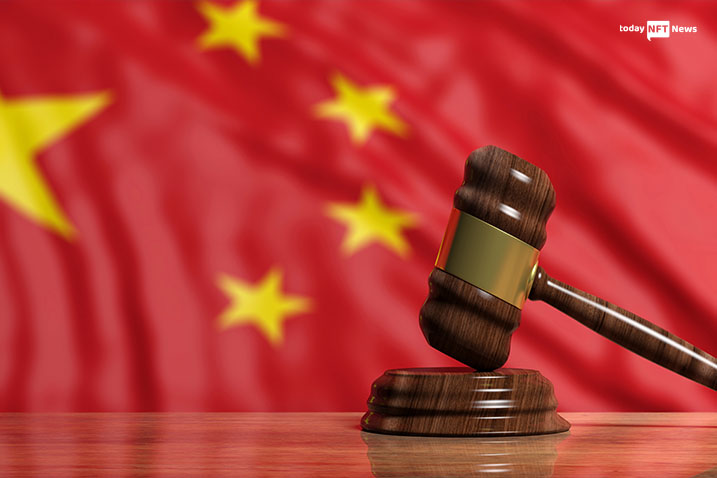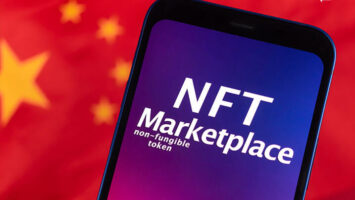SNEAK PEEK
- When the court had to confirm the NFTs’ legal characteristics, it stated that NFTs are “unique digital assets” that “belong to the category of virtual property.
- According to a court in the city of Hangzhou, Non-fungible token (NFT) collections are considered to be online virtual properties and as such should be protected by Chinese law.
- After the nation started to crack down on cryptocurrencies in 2021, leaving NFTs in legal limbo, the Hangzhou Internet Court, a specialized internet court, is revealed by cryptocurrency blogger Wu Blockchain on December 5.
NFTs “belong to network virtual property” and “should be protected by the laws of our country” since they “have the object characteristics of property rights such as value, scarcity, controllability, and tradability.”
The court acknowledged that “Chinese laws currently do not clearly state” the “legal qualities of NFT digital collections,” but concluded that it was necessary to “affirm the legal attributes of the NFT digital collection” in order to proceed with a case.
The court’s ruling was presented in a case where two anonymous technology platform users sued the business after it refused to complete a sale and canceled their purchase of an NFT from a “flash sale” because the user’s identity and phone number were allegedly incorrect.
The court stated: “NFTs have the value of relevant intellectual property rights and condense the creator’s original expression of art.” NFTs are “unique digital assets produced on the blockchain based on the trust and consensus process between blockchain nodes,” the statement continued.
The court’s ruling was presented in a case where two anonymous technology platform users sued the business after it refused to complete a sale and canceled their purchase of an NFT from a “flash sale” because the user’s identity and phone number were allegedly incorrect.
The court stated: “NFTs have the value of relevant intellectual property rights and condense the creator’s original expression of art.” NFTs are unique digital assets produced on the blockchain based on the trust and consensus process between blockchain nodes.
Due to this, the court ruled that “NFT digital collections belong to the category of virtual property” and that the transaction in question is considered to be the “selling of digital goods through the internet,” which is considered to be an e-commerce business and is regulated by the e-commerce law.









